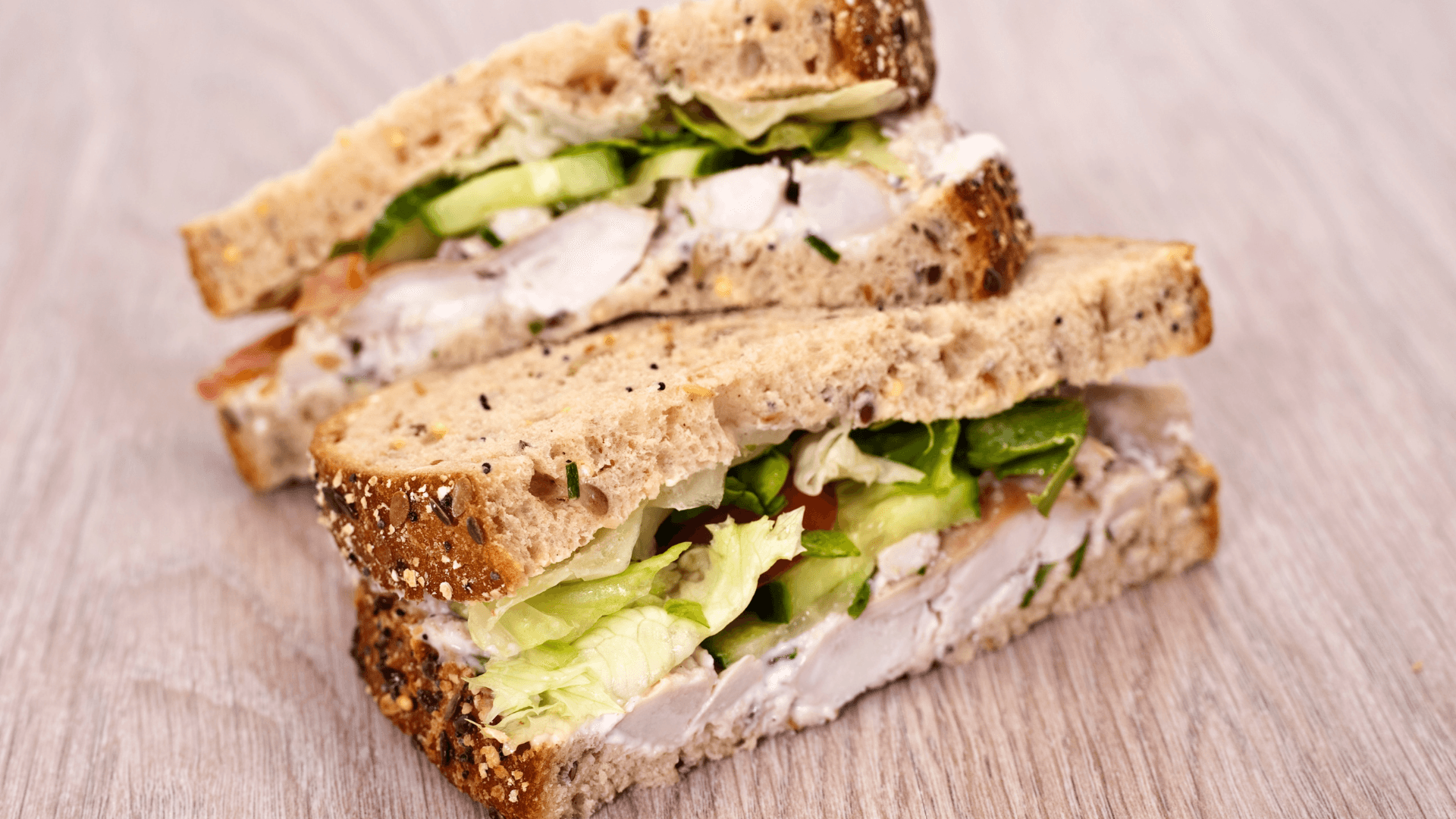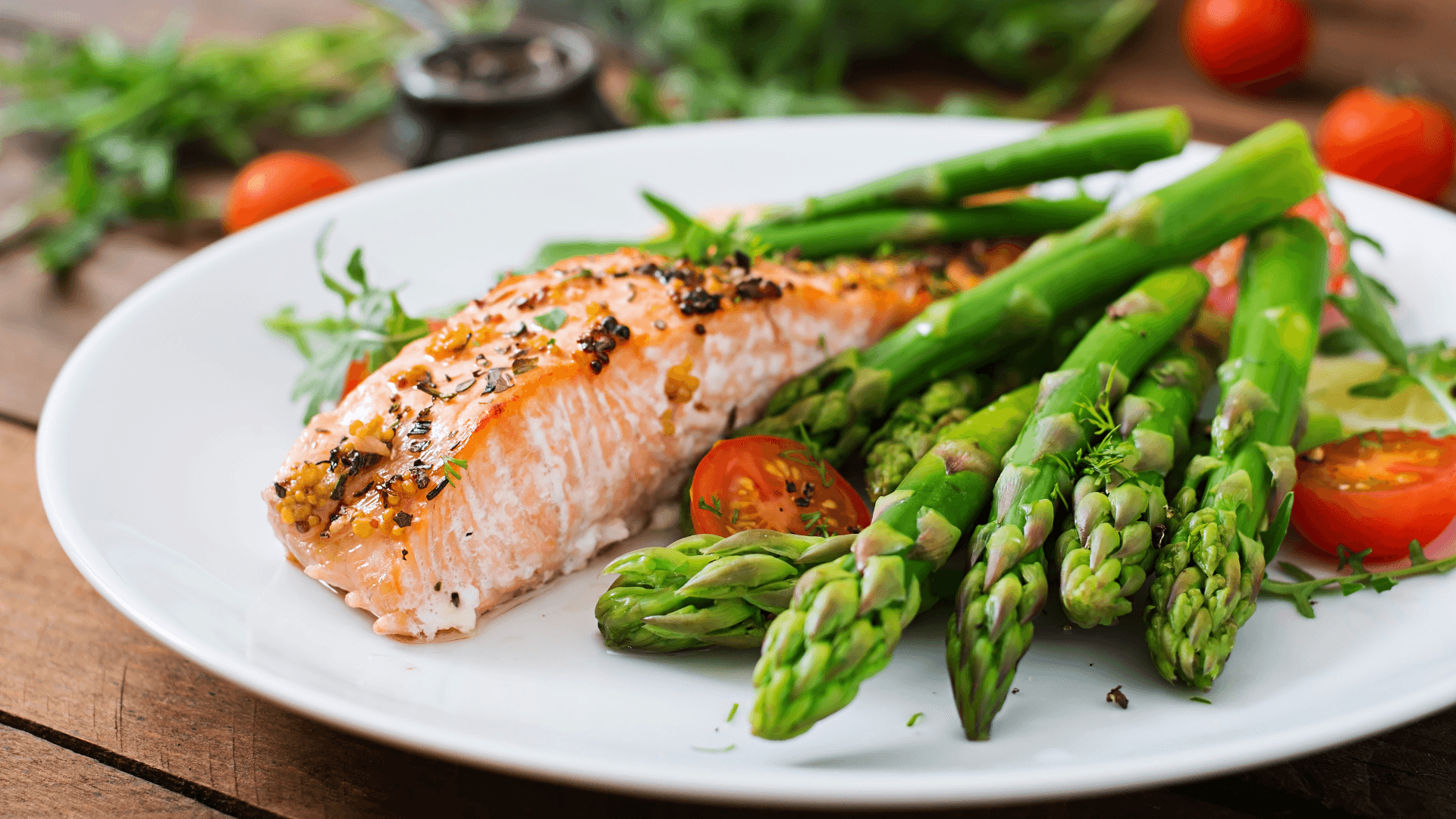4 Healthy Eating Resolutions

Dr Linia Patel
Women’s Health Dietitian & Performance Nutritionist
- 21 September, 2018
- Diet & Nutrition
- 3 min read
4 Healthy Eating Resolutions
It’s about this time of year when the search term for the word ‘diet’ peaks on Google Trends.
When as a result of excess indulgence, we all feel the desperate need to overhaul our diet and exercise regime, in a bid to start afresh!
What usually follows is a whole host of dietary restrictions dressed up as the latest celebrity fad or sensational new diet.
The number one question we are asked at this time of year (well, actually all year round) is: What shouldn’t I be eating? What foods should I avoid? Our answer is always, NOTHING.
No food is banned; there is no such thing as good or bad food.
Instead, we like to spin it on its head and focus on encouraging the foods and healthy behaviours you should ‘include’.

1. Self-Compassion
We would all benefit from being a lot kinder to ourselves. So what if you indulged at Christmas? You’re only human after all, and no doubt that Christmas dinner with all the trimmings tasted so good.
We meet lots of people who want to start the New Year ‘restricting’ and setting unrealistic goals in the gym, all of which places an unnecessary amount of pressure on an already stressed body and mind.
It could almost be considered sadistic in nature that people need or want to feel uncomfortable or deprived to feel as though they are achieving something. You don’t. You can be healthy without these rules and restrictions, and it starts with giving yourself a break.
Our recommendation
Allow yourself to enjoy Christmas without feelings of guilt,t and then think about healthy inclusions rather than avoidance. It could be the difference between a bad and good start to your New Year.

2. Include more vegetables and fruits
We all know that we should be eating our ‘5-A-Day’, but according to the National Diet and Nutrition Survey (NDNS), only 27% of adults aged between 19-64 years achieve this recommendation.
If we start to include more fruits and vegetables it will help us to meet our needs for many micronutrients (vitamins, minerals and antioxidants) and fibre, which provide a whole host of physiological benefits such as; immune support, healthy digestion and improved mood, as well as help to reduce your risk of long-term conditions such as diabetes, heart disease and cancer.
Our recommendation
Aim to fill at least ½ your plate at each meal with a variety of different fruits or vegetables.

3. Include protein
Most of us have an inkling that protein (from meat, fish, eggs, dairy, beans and lentils) is good for us, but despite this, many of us still either consume too little, too much or consume it in the wrong way.
The Western diet lends itself to a top-heavy intake of protein, with the biggest serve usually within our evening meal.
However, research has shown that spreading your intake of protein out over all meals has a better effect in terms of muscle protein synthesis (i.e. preserving/building muscle tissue).
Protein also helps us to control our appetite and, therefore, subsequent total food consumption, as well as helping to keep our metabolism optimal.
Our recommendation
Include a source of protein with each meal and snack throughout the day. At meals, ¼ of the plate should be lean meat, fish, tofu or lentils, and for snacks, choose Greek yoghurts, quark, cottage cheese or milk.

4. Include Oily fish
Oily fish such as salmon, mackerel, trout and sardines are very good for us.
Not only do they help us to meet our protein needs, but they provide us with essential fatty acids known as omega 3’s.
Now, these omega 3’s are considered ‘essential’ because our bodies cannot make them. Which means we have to consume them within our diet.
They offer anti-inflammatory benefits, which are associated with healthier blood vessels, reduced cholesterol and a reduced risk of diabetes and cancer.
Despite this, the mean consumption of oily fish in all age groups was well below the recommended x 1 portion per week.
Our recommendation
Aim to consume 1x portion of oily fish per week.
If you dislike oily fish or are a vegetarian, you can take a daily fish oil or algae supplement that provides at least 250mg of EPA/DHA.
However you have chosen to begin the new year, we hope that you are treating yourself with kindness and setting realistic goals for yourself to both maintain the enthusiasm and motivation you may be feeling right now, as well as staying injury free.
If you would like any help or advice navigating this tricky time of year, get in touch today to find out how our team of experts can support you.
References:

Advice
Over the last 20+ years our experts have helped more than 100,000 patients, but we don’t stop there. We also like to share our knowledge and insight to help people lead healthier lives, and here you will find our extensive library of advice on a variety of topics to help you do the same.
OUR ADVICE HUBS See all Advice Hubs

